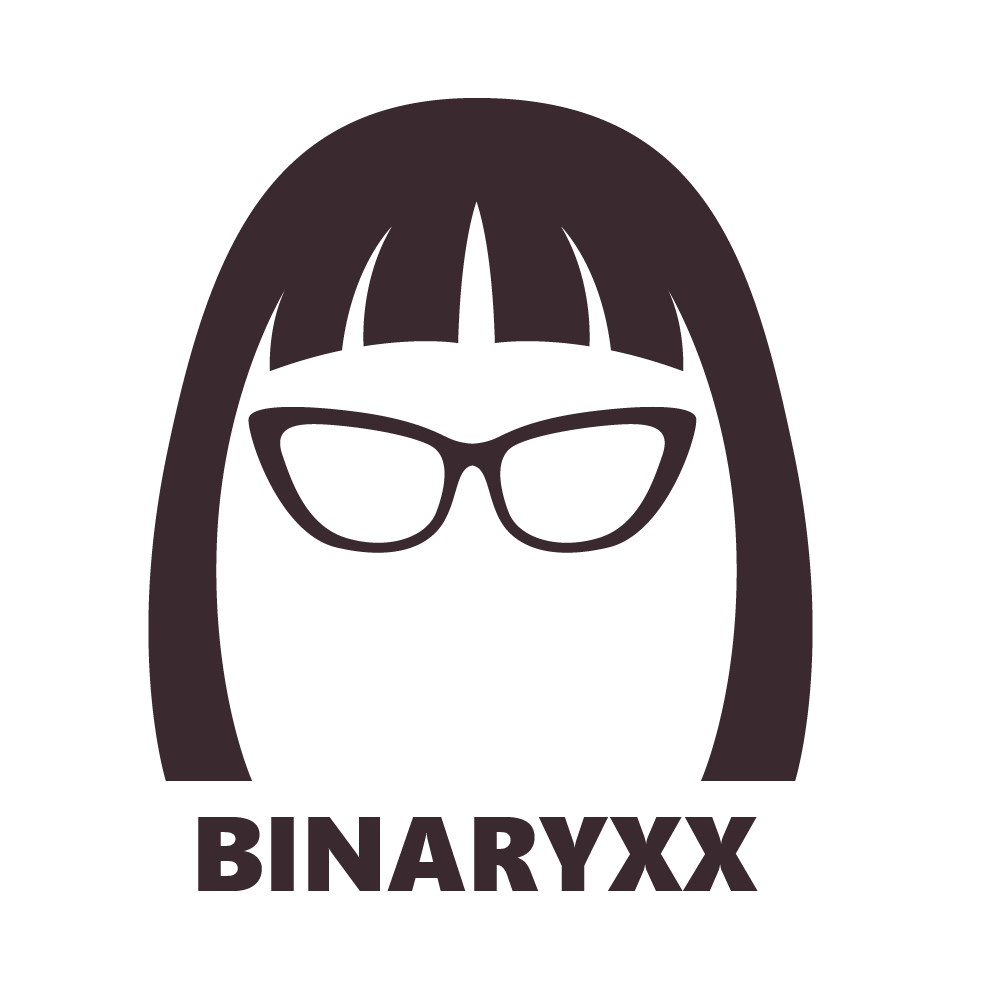Windows Terms You Should Know as a Computer Administrator
Are you a computer administrator? Here are the most important Windows Terms You Should Know as a Computer Administrator.
Compatibility Wizard : another platform that tests application compatibility on different OS versions
Disk Partitioning: The letter drives in your computer; logical volumes
System Partition: contains files needed to boot the OS and contains MBR and boot sector of the active partition. Often the first physical drive
Boot Partition: contains win 10 OS files. Located in C:\Windows folder
Active Partition: usually the C: drive; partition used to start your computer
Locale Settings: used to configure format for time, date, and currencies.
Distribution Server: if installing windows 10 from the network
Microsoft Reserved Partition (MSR): boot loader files sit here. (Don't delete this partition) You'll see this in UEFI systems.
Workgroup: connecting non-domain networks. Also known as peer-to-peer connection. More commonly used in small companies or homes.
Domains: Also Domain-controller; A windows server where machine names are stored in Active Directory. Medium to large companies
Media Errors: caused by faulty DVDs or CDs. Your installation disk may be scratched
Hardware Compatibility List (HCL): List of recognized windows 10 compatible hardware
Plug and Play (PNP): Connected accessories and peripherals that work automatically when connected to the computer.
Dynamic Link Libraries (DLL) Application DLL : contains functions and information that can be used by another module
: has migration DLLs used for OS upgrades
Application Compatibility Toolkit (ACT) : tells if your software applications are compatible with Windows 10
TCP/IP Network Resources: enables the internet and computer communications
DHCP : The configured client when windows 10 is installed with typical or default settings
: Provides IP configuration. If DHCP is unavailable, the machine still be assigned an auto configured IP address but will not be able to communicate to DHCP addressed machines and servers.
Click here to read more terms computer administrators must know

